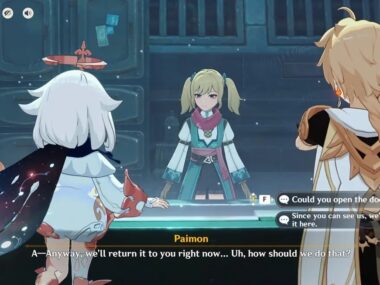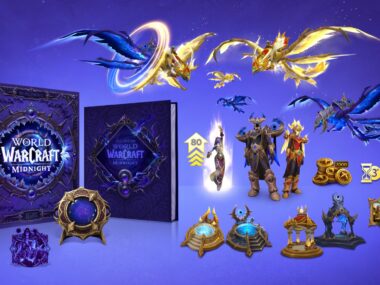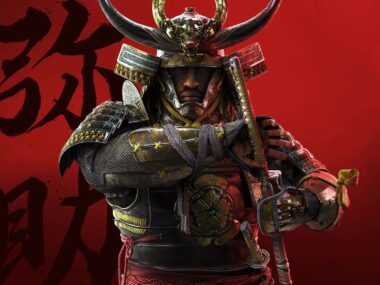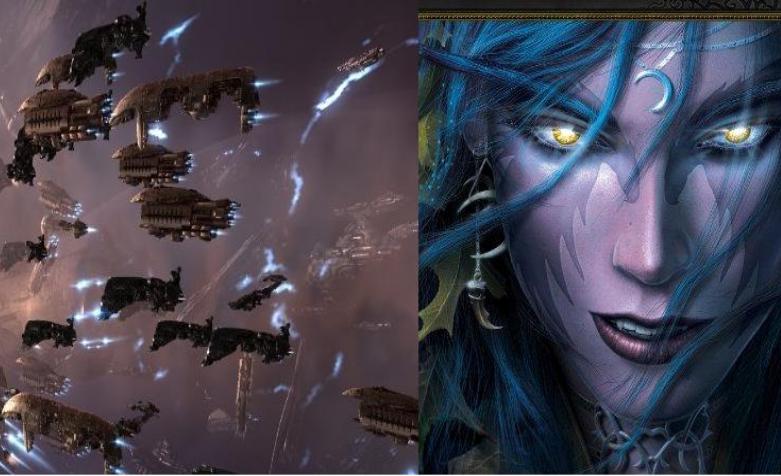Path of Exile 1 is finally getting a new update. I was excited, until I saw the Twitch Drops promotion: “Gift two subs…”
Let’s be clear. While there are free items for simply watching a stream, the idea that players are expected to fund a third party, a streamer, to receive a digital cosmetic in a game they don’t own is absurd. Yet more and more companies are doing it. Why?
Why Gaming Companies Are Leaning on Streamers
It’s not because it benefits players. It’s because it’s cheap.
Instead of paying for a full marketing campaign, companies offer up a digital trinket. Players foot the bill by paying a streamer, who then becomes incentivized to play the game longer. Everyone gets what they want… except the player. Because let’s face it:
- You don’t own the item.
- You don’t own the game.
- You don’t even know if you like the game yet.
Free Twitch Drops may sound better, but they still push one goal: inflate metrics. Players leave streams open and walk away. Whether they’re engaged or not doesn’t matter. Watch time and play time go up, and the marketing team looks like geniuses.
If Development Costs Are Rising, Why Is the Money Going to Streamers?
Let’s not forget: Grinding Gear Games (GGG) is working on two free-to-play games. Development isn’t cheap. But instead of directing money toward those efforts, GGG’s Twitch Drop strategy reroutes funding straight to streamers.
That’s a problem. These items are eventually “supposed” to show up in the store, but why create a roundabout route for monetization that favors streamers over developers?
What GGG gets in return is inflated engagement stats. But that doesn’t pay salaries. It doesn’t help support the company. It’s time to question whether this middleman method actually helps sustain development long-term.
Twitch Is Over-Monetized And Still Not Profitable
Despite earning over a billion in revenue in 2024, Twitch still isn’t profitable. It never has been. Meanwhile, some streamers are becoming millionaires.
To cut costs, Twitch has:
- Increased ad volume
- Slashed staff
- Pulled out of expensive regions like South Korea
- Ditched big exclusivity contracts
- Pushed monetization tools like Hype Trains harder than ever
Amazon is subsidizing the platform with Prime subscriptions. Yet they’re still bleeding.
Unfortunately, they’re teaching players to tie their enjoyment to external validation. “Did I get the drop?” instead of whether the game is actually worth playing.
More troubling is the blurred line between content and marketing. Sponsored streams are up. Disclosure is inconsistent. And even when a sponsorship ends, the obligation to disclose it doesn’t. If a viewer asks a streamer about Skyrim while they’re playing God of War, and they’ve ever received money from Bethesda, FTC rules require disclosure. Why? Because viewers deserve the full picture.
Yes, getting money from viewers in exchange for digital items counts too. That’s still a form of sponsored promotion. It should be disclosed every time, whether it colors their opinion or not. Even in future games.
Streamers Were Given Too Much Power. And Now It’s Backfiring.
Let’s not forget: game companies gave streamers the right to monetize content built entirely on someone else’s IP. That’s a generous deal.
And streamers didn’t stop there. They monetize their streams, promote sponsors, sell merch and now accept Twitch subscription money tied to game promotions. At some point, the industry has to say: enough.
Companies could easily enforce the “no commercial use” clauses in their Terms of Service. But they haven’t. So, naturally, streamers have taken it as far as it’ll go.
The irony? Streamers would still play these games even without Twitch Drop incentives. It’s their job.
What’s the Alternative?
If game developers insist on running Twitch Drop campaigns, here’s a simple fix:
Host them on the game company’s official channel.
Let players subscribe to the company, not individual streamers. That way:
- The money offsets development costs
- The audience builds a direct relationship with the studio
- The stream isn’t filtered through someone else’s branding
Better yet, have game developers stream their own game launches. Show them downloading it live from Steam. Show the real product. And if it’s buggy? That’s motivation to fix it faster.
This doesn’t mean cutting streamers out entirely. They’ll still stream. They’ll still have audiences. But they won’t be the central gatekeepers of visibility and hype.
Make It Make Sense
Twitch has become an over-monetized platform that still can’t stand on its own. Gaming companies are giving away money in exchange for inflated stats. Streamers are making bank, and players are left holding the bag. Buying digital items they don’t truly own in games they don’t really control.
It’s time for the industry to reset. Let developers build direct relationships with players again. No more gimmicks. No more middlemen.






